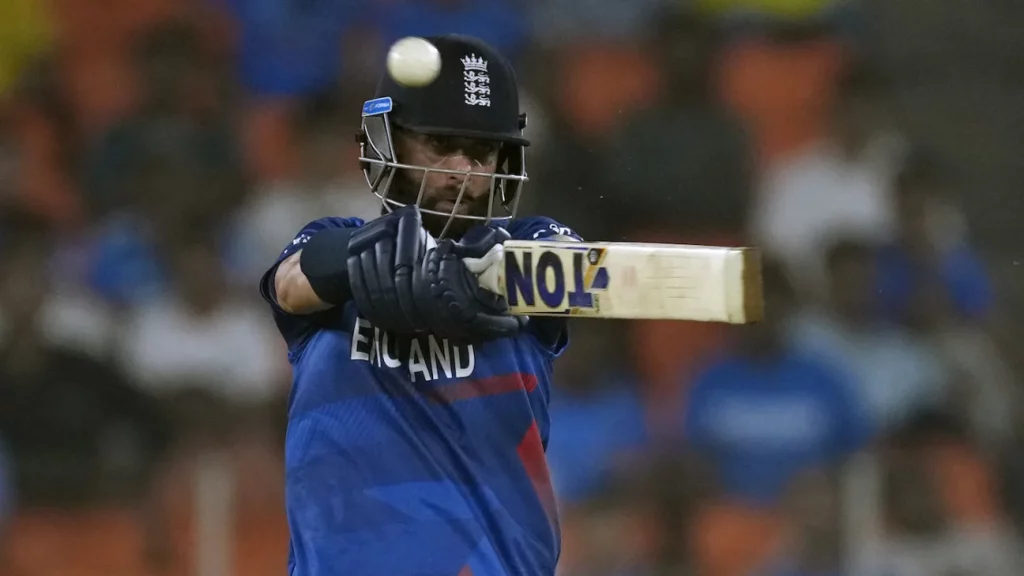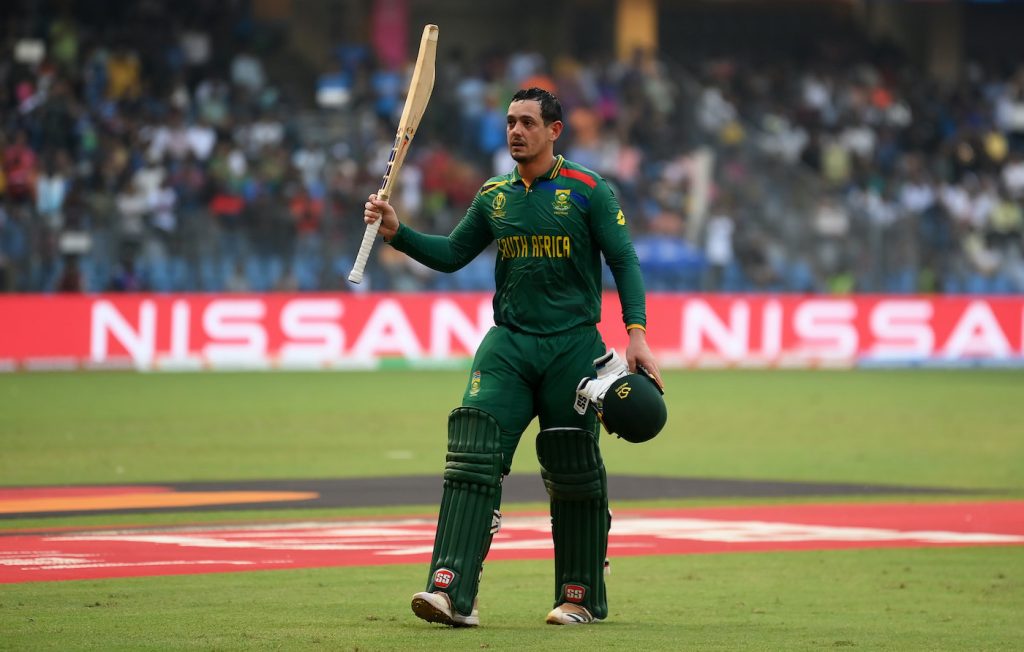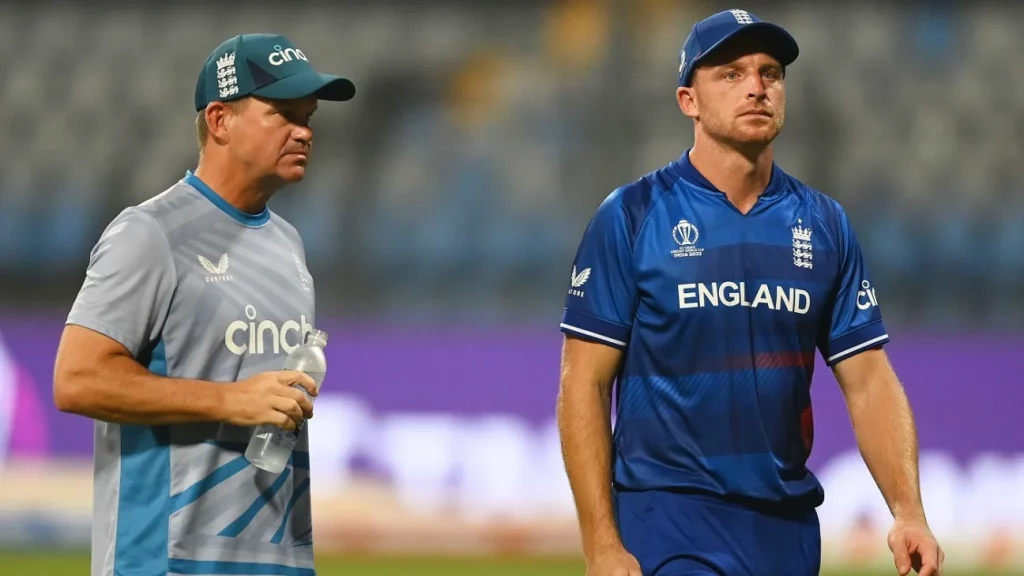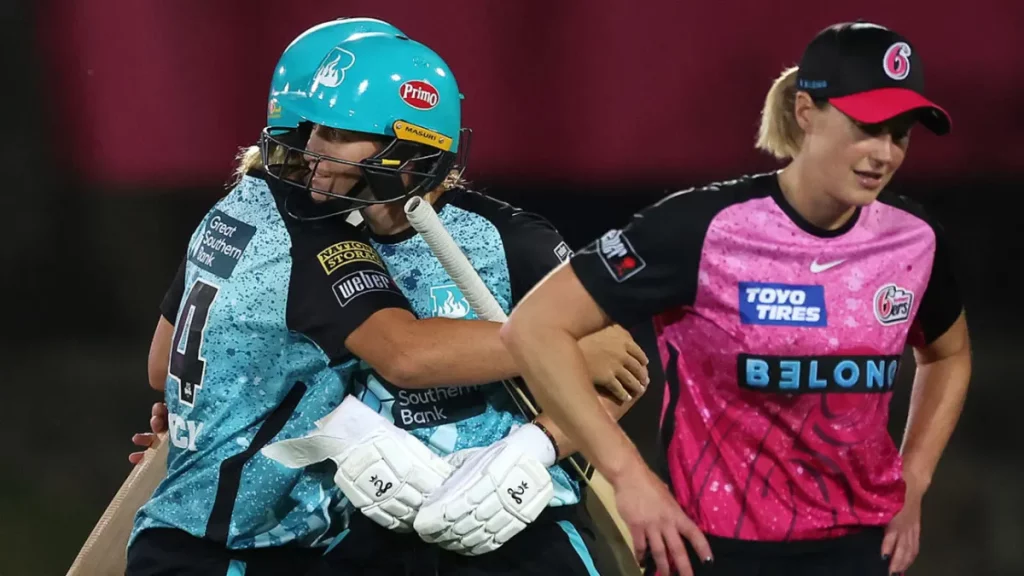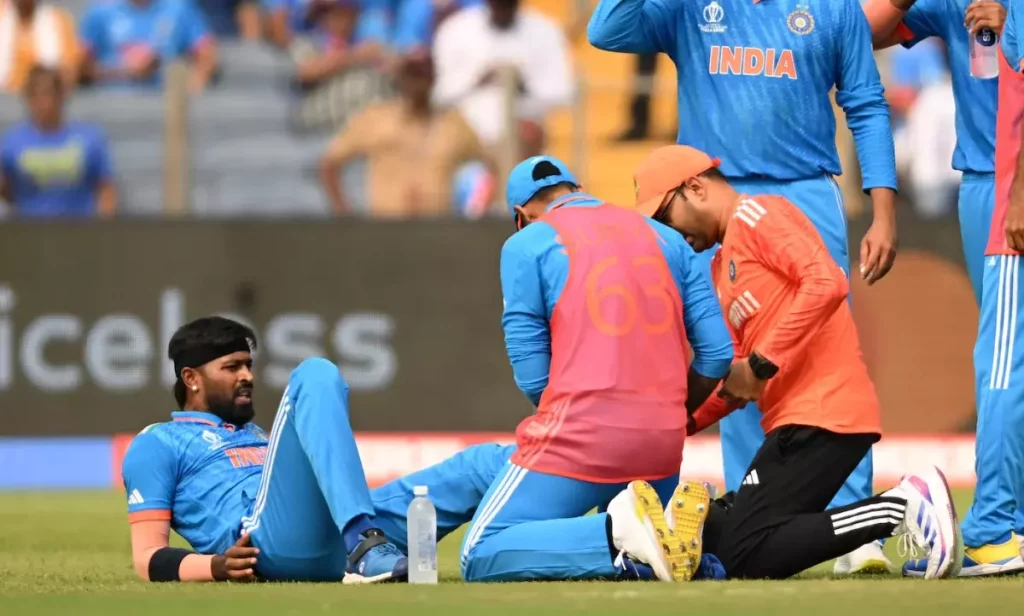The recent World Cup has been a sobering experience for the England cricket team. Veteran player Moeen Ali’s candid admission that the team failed to heed the warning signs reflects a broader issue within the squad.
England’s reliance on the strategies and players that brought them success in 2019 has proven insufficient in the face of evolving international competition.
This World Cup wasn’t just a series of losses; it was a revelation that the time-tested methods and team dynamics need a thorough reassessment.
The Struggle to Defend the Crown

England’s attempt to defend their World Cup title was marred by a string of defeats, culminating in a critical loss to Australia.
The team, which featured eight members of the 2019 World Cup-winning squad, seemed to be a shadow of its former self. The defeat in Ahmedabad by 33 runs was emblematic of a team that has struggled to find its rhythm and identity.
The presence of seasoned players like Dawid Malan and the retiring David Willey, alongside the underperforming Liam Livingstone, has raised questions about the balance between experience and the need for new blood.
A Silver Lining in the Schedule
The cricketing schedule for England may inadvertently offer a silver lining. With a break from ODIs and the T20 World Cup on the horizon, there is a window of opportunity for England to regroup and reconsider its strategy.
The leadership of Jos Buttler and coach Matthew Mott is under scrutiny as they decide how to rejuvenate the team and ensure that the T20 World Cup does not mirror the disappointments of the ODI campaign.
Moeen Ali at a Crossroads

Moeen Ali, despite his role as vice-captain and his wealth of experience, has had a World Cup stint that fell short of expectations.
With a personal performance that did not match his high standards, he faces a period of introspection about his future in the team.
His openness to a discussion with the coach and captain about the direction they wish to take is indicative of a player who understands the cyclical nature of sports and the necessity for change.
Advocating for a Fearless Future
Moeen’s call for a return to the fearless brand of cricket that England embraced post-2015 is a rallying cry for the team.
The upcoming games, particularly against the Netherlands and Pakistan, are not merely about securing wins but about laying the groundwork for the future.
The team needs to ensure they qualify for the 2025 Champions Trophy, which will be crucial for gaining experience in global events, especially for the newer players who are expected to join the ranks.
The Role of Management
Rob Key, England’s managing director of men’s cricket, faces tough decisions regarding the future composition of the team.
Moeen himself suggests that if he were in Key’s position, he would opt for a bold reset, focusing on youth and the fearless cricket that once characterized England’s resurgence.
Conclusion: Embracing Change for a Brighter Future
England’s cricket establishment must now embrace change and look to the future. The World Cup has been a stark reminder that past glories do not guarantee future success.
The team needs to foster a new generation of cricketers, instill a fresh mindset, and build a culture that can adapt to the ever-changing landscape of international cricket.
As England looks ahead, the focus should be on developing a squad that can bring innovation, energy, and a renewed passion to the field, ensuring that the spirit of the game continues to thrive and inspire.
